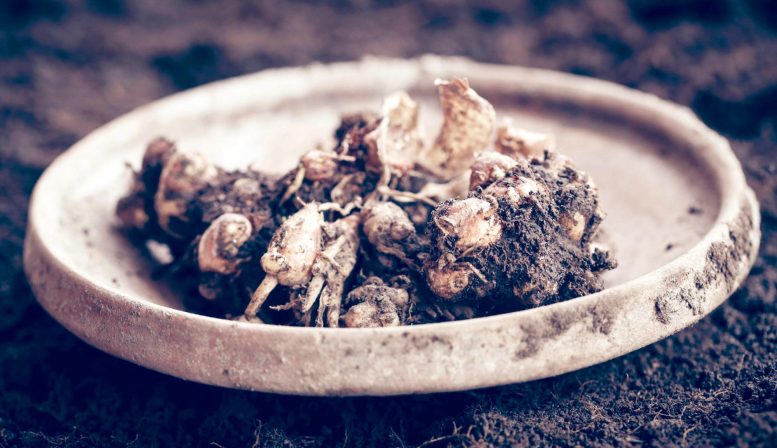
Researchers have found that Kencur, a tropical plant in the ginger family, and its main active component, ethyl p-methoxycinnamate (EMC), significantly inhibit cancer cell growth. The team identified mitochondrial transcription factor A (TFAM) as a key factor in this anti-cancer effect.
A type of ginger from Southeast Asia could serve as a possible ingredient for new anti-cancer markers.
You might recognize Kencur as a fragrant spice that enhances your meals or a natural solution for digestive issues. However, scientists from Osaka Metropolitan University have discovered encouraging evidence that this tropical plant, a member of the ginger family native to Southeast Asia, has anti-cancer properties.
Led by Associate Professor Akiko Kojima of the Graduate School of Human Life and Ecology, the researchers demonstrated that Kencur extract and its main active component, ethyl p-methoxycinnamate (EMC), significantly suppressed cancer cell growth at the cellular and animal levels.
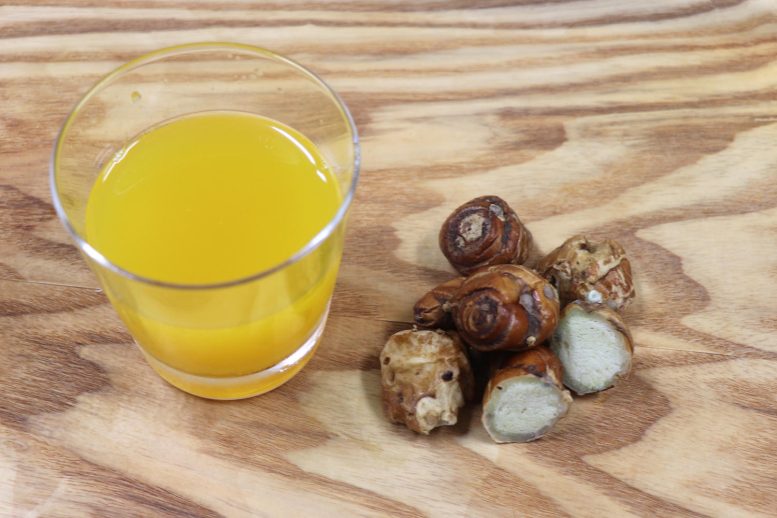
Jamu – an Indonesian drink prepared from Kencur ginger. Credit: Akiko Kojima, Osaka Metropolitan University
While previous studies on EMC indicated its anti-cancer potential by decreasing the expression of mitochondrial transcription factor A (TFAM), which is associated with cancer cell proliferation, the exact mechanism remained unclear until now.
“The results of this study confirm the anti-cancer effects of Kencur extract and its main active ingredient, EMC. It is highly expected that TFAM will become a new marker for anti-cancer effects in the future as research advances in related fields,” Professor Kojima stated.
Reference: “Kaempferia galanga L. extract and its main component, ethyl p-methoxycinnamate, inhibit the proliferation of Ehrlich ascites tumor cells by suppressing TFAM expression” by Yutaro Sasaki, Toshio Norikura, Isao Matsui-Yuasa, Ritsuko Fujii, Leenawaty Limantara and Akiko Kojima-Yuasa, 23 June 2023, Heliyon.
DOI: 10.1016/j.heliyon.2023.e17588

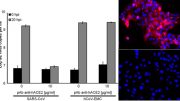


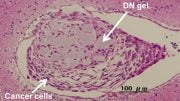
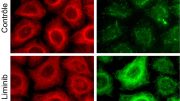

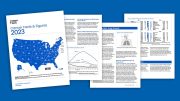
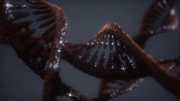
Be the first to comment on "Scientists Discover That a Southeast Asian Ginger Has Anti-Cancer Properties"